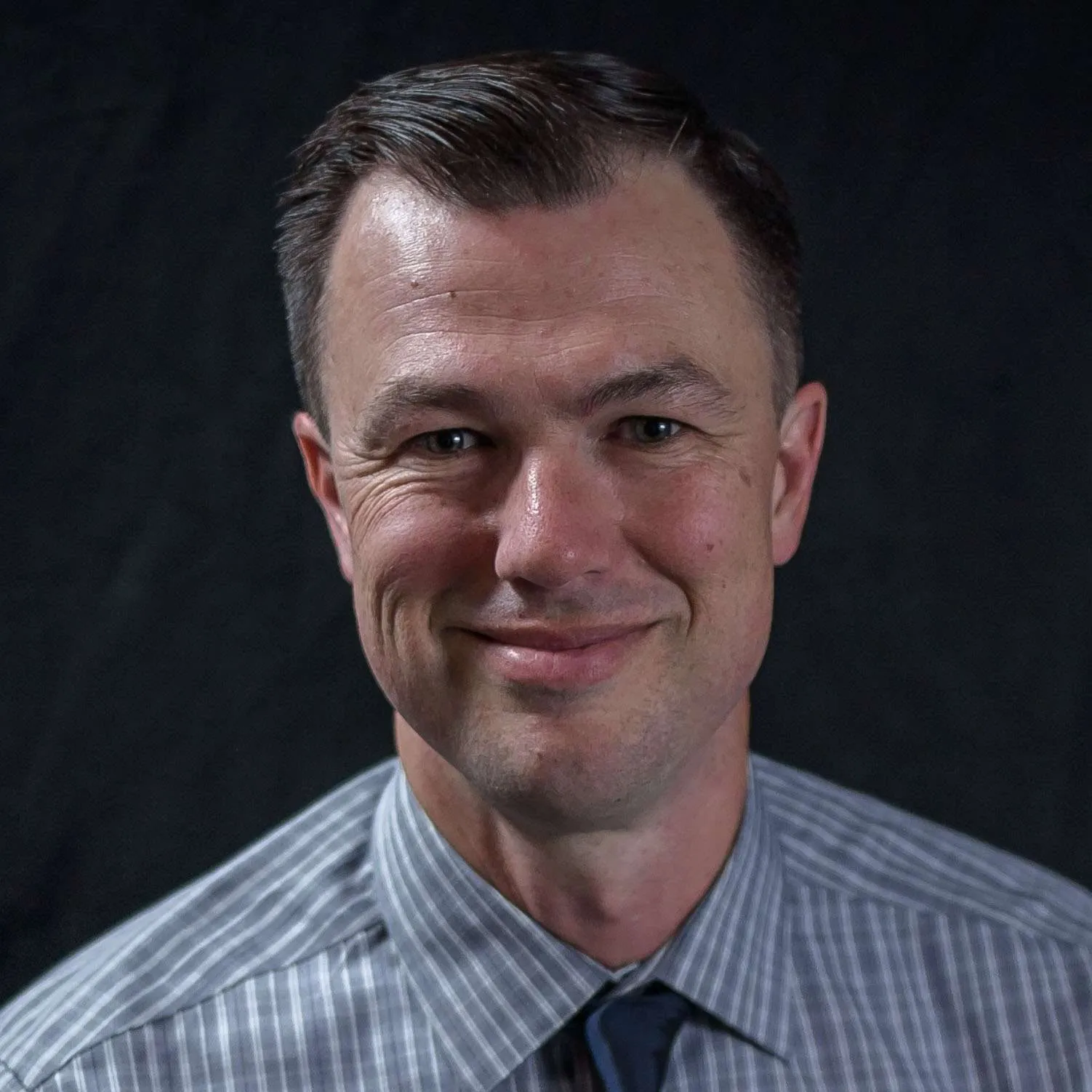Editorial Note:
This profile of Josh Packard, PhD is brought to you through a joint collaboration between Applied Worldwide and the Association for Applied and Clinical Sociology (AACS). Thank you to AACS and all those who made valuable contributions to the Profiles in Applied & Clinical Sociology series.
This profile is presented with the intentions of: 1) providing students with examples of applied sociology, 2) providing market value to sociological skills and services, and 3) promoting the work of individual sociological practitioners and organizations. You can learn more about AACS at AACSnet.net.
Josh Packard, PhD
Josh Packard earned his Ph.D. in Sociology from Vanderbilt University after first earning a B.A. in English from Texas Lutheran University. He is currently practicing independently through his organization, The Packard Group. As an independently practicing sociologist, he offers services such as guest speaking, consulting, and coaching that deals with organizational change and strategy. The Packard Group’s main clientele are mid-size businesses and professional associations. Here is what Dr. Packard told us when we asked how he established his independent practice:
“Whew. Long story, but I’ll shorten it. I also run the Social Research Lab at [the University of Northern Colorado], a data collection and analysis firm, and clients kept asking for advice/consulting, which we’re not really set up to do there, so I spun off The Packard Group to do that work.”
Read the full interview with Dr. Packard below.
Using Sociology in Practice
In general, how do you use sociology in practice?
The core lessons provided by sociological theory and research form the basis of our differentiator in the field. Workplaces are fundamentally made up of groups these days, not individuals. It stands to reason, then, that we should be looking to the science of groups to help us guide our strategies and management techniques. That’s where we come in as sociologists. Thankfully, the whole field is open to me as there really isn’t anyone else taking that approach just yet.
How do you use sociological research methods in practice?
Everything we do is data driven. That’s as much at the core of sociology as any theory. How do you use sociological theory in practice? We focus a LOT on organizational theory, particularly isomorphism, small group dynamics, and prejudice. These are the ones that come up most often.
Lessons for Future Practitioners
What types of courses should undergraduate students take in preparation for a career in your type of practice?
Aside from sociology classes, take a business accounting class. Also, find any way you can to get some experience talking to real, live actual clients. It doesn’t matter what it’s for, but making that shift from producer for a class (which you are as a student) to the soft skills needed for customer service, is massively important.
What types of courses should graduate students take in preparation for a career in your type of practice?
NOT statistics. By the time you get to regression, unless you want to be a statistical consultant (see [University of Northern Colorado] alumna Ashley Hope at Far Harbor in Austin), then you already know more stats than you’ll ever be able to use with a client.
What types of experiences should undergraduate students seek in preparation for a career in your type of practice?
BROADLY. I think the default answer of “travel” is overrated, but it can work for some. Mostly, just get. to. work. Fail. Learn and try again. There is no substitute for simply trying things, reflecting genuinely and honestly about your successes and failures and getting on with the next thing.
What texts or authors can people reference to learn more about the type of work you do?
Oh, goodness. I wish there was something that fit perfectly, but there isn’t. Team of Teams is an amazing book. Range is also great. Whenever I feel lost, I return to Tricks of the Trade by Howard Becker.








